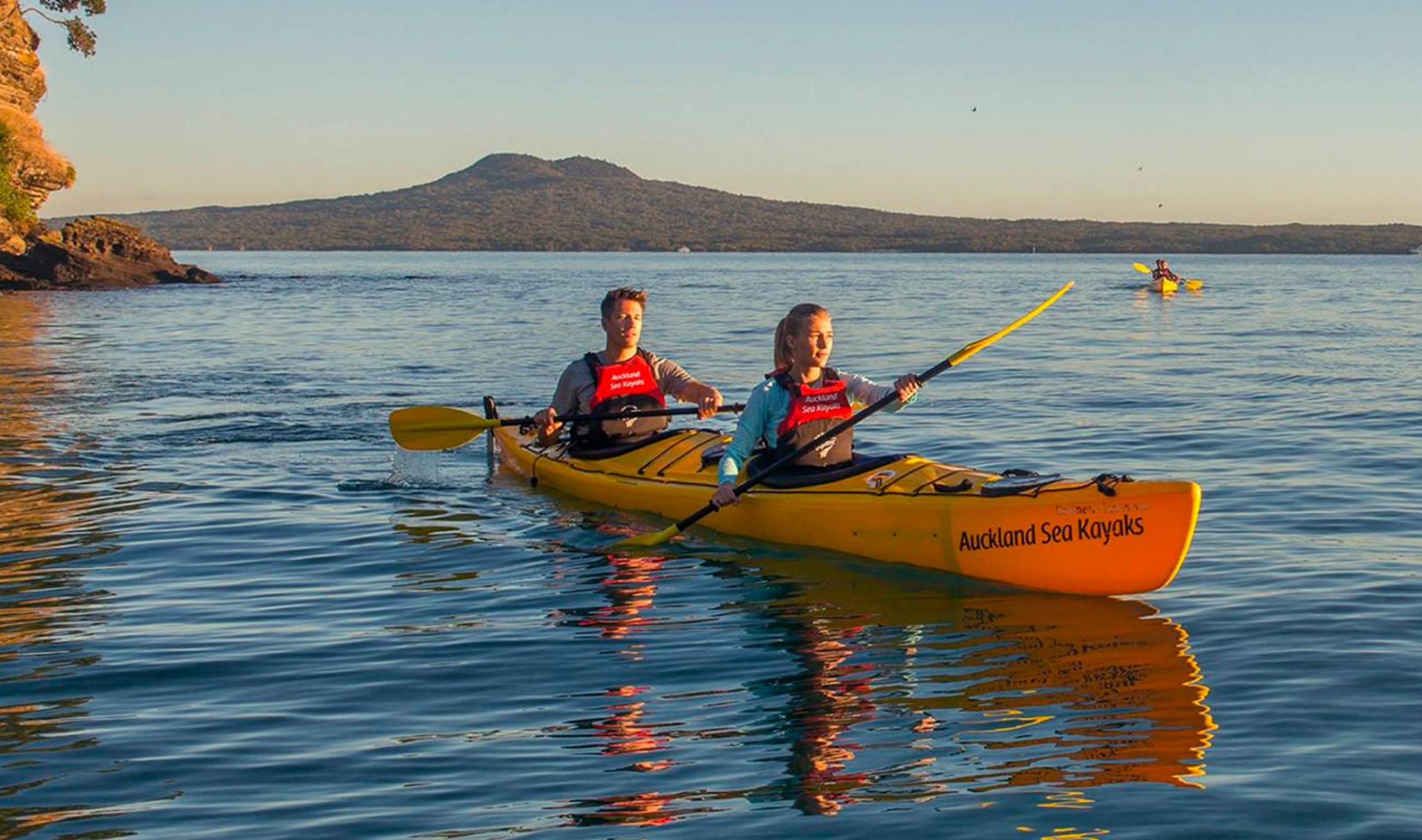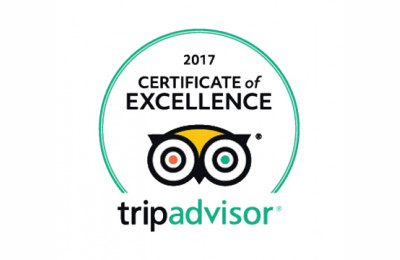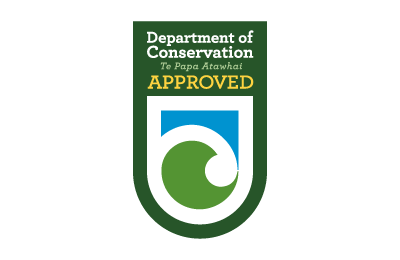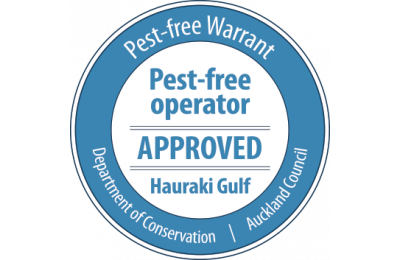Predator free Rangitoto
Rangitoto is predator free so the sightings of a black cat on Rangitoto island, which became cat, mice, rat and possum free island in 2011 is a big deal. The island became predator free as an outcome of one of the most intricate island pest-eradication programmes in the world. Since then, birds such as the saddleback, north island brown kiwi, bellbird, takahe and kakariki have heavily populated throughout the island.
Cats are pests as they are highly efficient killers. They kill more birds, geckos, skinks and weta than mice and rats. So the potential sighting of a cat on a predator free island is a big deal.
Pest eradication has allowed native plants to regenerate and establish a food source and natural habitat for native species. Currently, the Department of Conservation facilitates the daily management of the island. This includes pest control, weed extermination, and visitor education on keeping the island pest-free.
Rangitoto island is home to the world’s largest pohutukawa forest. Following forest regeneration, new native species began to arrive. These included the kaka, bellbird, and the tui. Many other bird species now populate the Rangitoto forest including grey warbler, fantail, morepork and silvereye.
There are a variety of seabirds that visit the shores of the island. Black backed gull colonies are found near the Rangitoto wharf and the beacon at McKenzie Bay The island is also home to six species of lizard, five of which are native.
The Department of Conservation are taking this matter very seriously as a lot of work has been put into making the island pest free and they endeavour to keep it that way.





